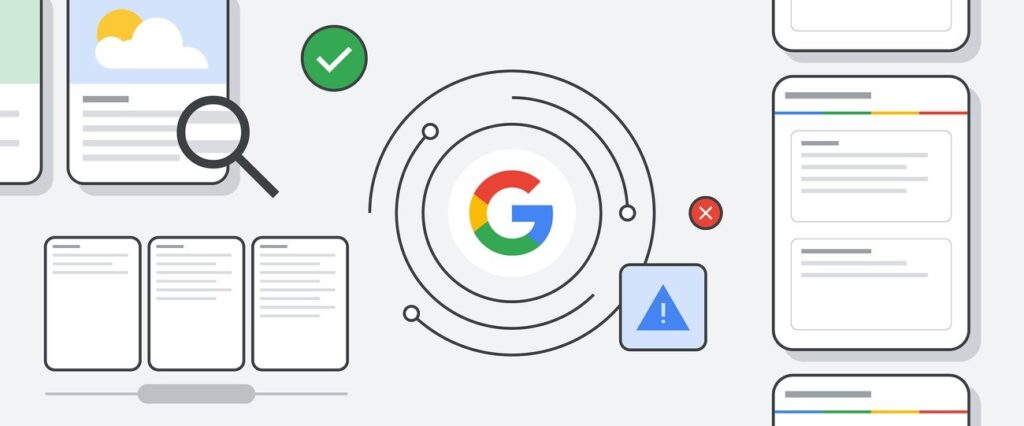Google has finally confirmed that an AI chatbot is coming to its search engine. Since Microsoft integrated Chat-GPT into its search engine, namely Bing, it poses a significant threat to Google’s dominance in the search engine world.

In response, Google has announced a substantial development in artificial intelligence: introducing an AI-powered chatbot to their search engine. The AI chatbot will be able to learn from its interactions with users, constantly improving its abilities and becoming more efficient over time.
Related | Google TV Prompting a Personalized Ads to update on streaming devices
Google to integrate an AI chatbot into their search engine
In an interview with The Wall Street Journal earlier this week, Google CEO Sundar Pichai revealed the company’s plans to integrate a chatbot into Google search. But he was mum on specifics on the technology’s release date. Additionally, he did not specify if the AI chatbot for Google Search will be Bard, based on Bard, or if they have something different up their sleeves.
“The opportunity space, if anything, is bigger than before,” Mr. Pichai said
Google has been working on AI in the form of large language models for some time, so they are not entirely defenseless in their fight with Microsoft. However, they are lagging when it comes to AI chatbots. Bard is not yet completely open to the general public, and considering the test results from various sources, it’s pretty clear that Bard needs some serious polishing.
Google has long been considered the dominant player in the search engine market, with its powerful algorithms and an extensive index of web pages. This might be the first time facing a significant threat in what Google believed was its unchallenged forte. Indeed, the announcement of the AI chatbot for Search is an essential advancement for Google and a clear indication of the company’s ongoing commitment to leveraging AI and machine learning to enhance its products and services.
Related | New Chromecast users get YouTube TV at $34.99/month for 3 Months
It will be interesting to see how swiftly Google can respond and how the technology evolves.
